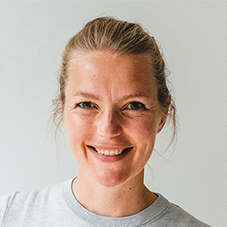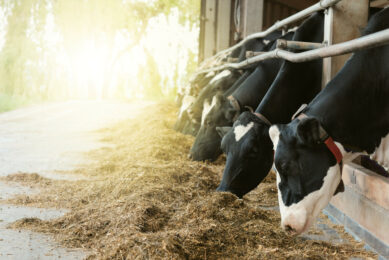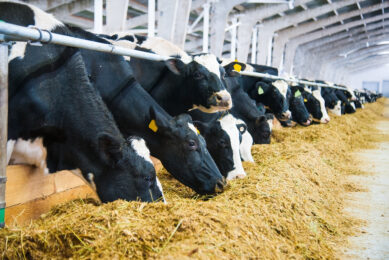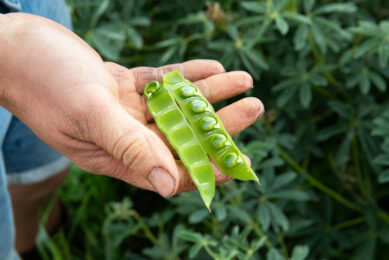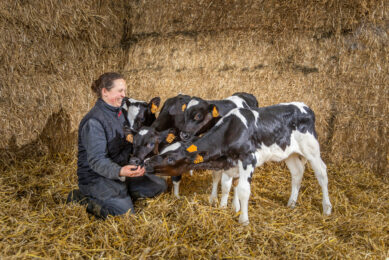Successful advanced dairy farming event
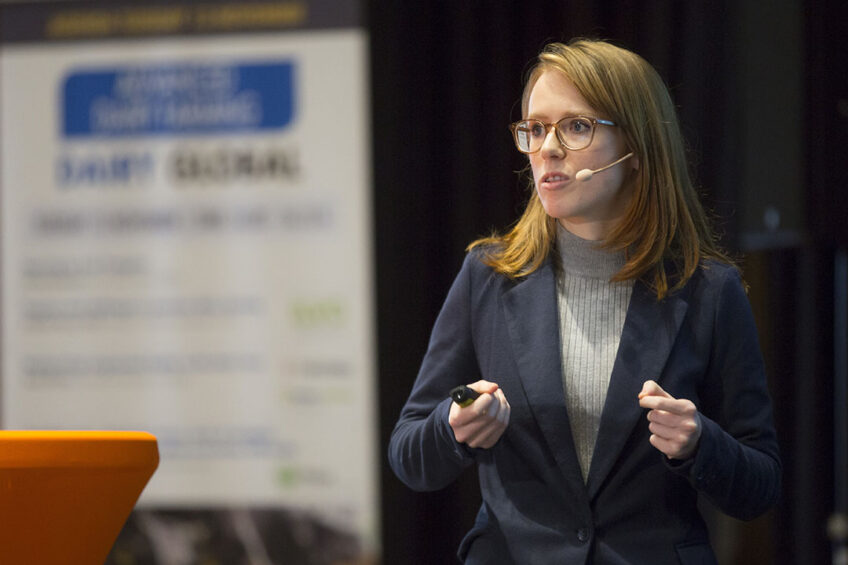
Smart farming is a hot topic and the dairy industry seems to have some cool gadgets and tools already in place to make life easier for the dairy farmer and to increase productivity of the animals. At a recent seminar, these topics were further explored.
Dairy farms are becoming larger and this challenges the craftsmanship of dairy farmers to keep the cows healthy and productive. An increasing amount of technology and tools are coming to market that help dairy farmers to do just that. Think of sensors or new and more efficient ways to run the farm and pastures. In a seminar, organised by Dairy Global at the recently held EuroTier, a number of expert speakers delved into some of the new insights in precision farming, both from a sensor point of view, as well as a nutrition point of view. Some of the highlights from their presentations are summarised below.

Reasons to invest in technology
It is easy to talk about where dairy farming should go to in the future and which techniques are currently being looked into, but how do farmers think about precision or advanced dairy farming and what are the reasons to invest? Kristine Piccart, researcher at ILVO (Flanders research institute for agriculture, fisheries and food) explained a little bit more about this. Ms Piccart, a veterinarian and actively involved in multiple national and European projects, such as 4D4F (Data Driven Dairy Decisions for Farmers) explained that precision dairy farming means that we automatically, continuously monitor real-time production, behaviour and the health of individual cows. This will help farmers to maximise potential, minimise labour input and be able to early detect problems and to intervene earlier. “There are different sensor technologies on the market, such as activity metres and rumination sensors. The reason to invest in those technologies is different for each farmer”, Ms Piccart explained. Research by Steeneveld and Hogeveen (2015) showed that for activity metres most farmers choose to buy one to improve the detection rate of cows. This is also the main reason for rumination sensors. Other reasons to invest are improved profitability, more insights and reduced labour. Reasons not to invest include: Prefer to invest in other things (48%), uncertain about profitability (38%), poor integration (13%) and not familiar with available systems (6%). Further in her presentation, she emphasised that the quality of the data is very important. When you put garbage in, you get garbage out. “Common errors in datasets are missing data, ID errors and input errors. Data from Hermans et al (2017) for example showed that 52% of the cows were labelled as having incorrect reproduction data.”
Going for a smart transition period
Dr Valentin Nenov, global ruminant technical manager at Phileo Lesaffre Animal Care talked about smart farming from a nutritional standpoint. In specific, Mr Nenov delved into the transition period (three weeks before and three weeks after calving) of dairy cows, a very important stage of the cow and also a period in which much can be done right or wrong. “Transition cows are a very delicate and important group of animals for a dairy farm. But how to break the vicious circle of metabolic disorders and systemic inflammation? He explained that systemic inflammation in transition cows is a massive immune reaction. The immune system utilises glucose as energy source. So when the cows have such an immune reaction, the feed intake and energy demand for the cow increases. “This is why farmers need to pay extra attention to the diet. Adding yeast probiotic is a modern and smart way to reduce the risk of a negative energy balance after calving. The yeast can optimise the energy use by optimising rumen fermentation and through the anti-inflammatory effects in the intestines. But it is important to use the right yeast strain, at the right dose and at the right time”, Mr Nenov emphasised.


Augmented reality in the dairy barn
The third speaker at the seminar was Roxie Muller, Innovation Manager at Nedap Livestock Management. Mr Muller has a background in industrial design and engineering and a strong passion for technology. At the seminar, he updated the audience on how augmented reality can improve the interaction between technology and dairy farmers. “The livestock sector is changing and we see that farm size is increasing, the level of technology implemented is increasing, data generated continues to rise and we have an increasing issue with finding qualified, motivated and affordable staff”, he explained. Mr Muller: “We see a lot of technology entering the dairy farm. But we see the most benefits in technology that thinks with you. Sharing relevant insight at the right time, just like a human personal assistant would.” Muller showed the audience how augmented reality (AR) can work in the dairy farm. By putting on AR glasses, the farmer walks through the aisles of the farm and sees real-time information in his screen about a certain cow for example. “We have actually combined two worlds with this. The Nedap CowControl is our system that knows everything about the cows including where they are. Combing this with new AR technology, this information is projected as virtual content tagged to real-life objects. The AR system knows where you are and where you look”, he explained and showed with videos. Information can include the location of the cow, the fertility or health status and whether the cow is in heat. Nedap is testing this technology at real farms right now.
Seminars at EuroTier
Proagrica, publisher of All About Feed, Pig Progress, Poultry World and Dairy Global, organised a range of seminars at the recently held EuroTier in Hanover, Germany. The seminars were focused on gut health in pig and poultry, advanced dairy farming and advanced pig farming and attracted hundreds of visitors. To learn more about our seminars and how to sponsor a presentation at the upcoming shows VIV Asia and Victam International, please contact us at: salesint@proagrica.com.
Join 13,000+ subscribers
Subscribe to our newsletter to stay updated about all the need-to-know content in the dairy sector, two times a week.


